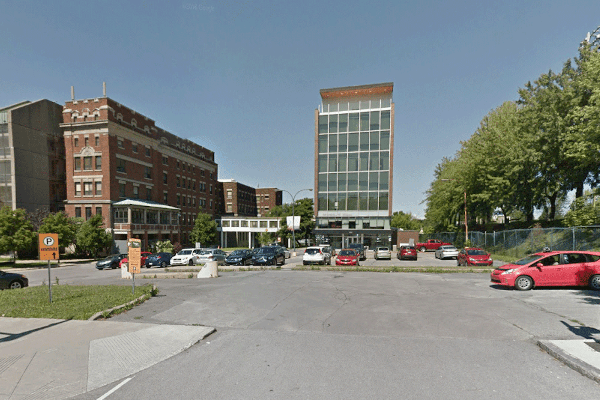Week 1
Tool exploration
Week 1 will introduce participants to a reproducible computational toolkit for neural data science, as well as a basic grounding in supervised and unsupervised machine learning methods. Short pre-recorded lectures and hands-on tutorials throughout the five days will provide participants with familiarity applying these methods to real data. Each participant will be required to complete 6 tutorials out of the following list:
- ⭐ Installation of software for PSY6983.
- ⭐ Introduction to the terminal.
- ⭐ Introduction to git and github.
- Python for data analysis.
- Machine learning - basics.
- Project management.
- High performance computing.
- Open data.
- Writing scripts in python.
Note that the tutorials marked with a ⭐ are mandatory. As a participant, at the end of Week 1 you should be able to answer questions such as:
- How can I open a terminal, and use it to perform operations such as moving or creating files?
- What is version control, and how can I use it to improve my workflow?
- What is python, and examples of data analyses what I can do with it.
- How should I visualize and define features for machine learning in neuroimaging?
Short exercises need to be completed at the end of each tutorial. Completing all required tutorials in weeks 1 to 3 counts for 10% of the final grade.
View the schedule for that weekWeek 2
Project definition

Week 2 will be mostly focused on defining and piloting the project. As a participant, you will need to decide:
- What general topic do you want to work on? e.g. group comparison using fMRI, software for analysis of MEG data
- What skills do you want to learn, working on this project? e.g. preprocess fMRI data and run a classifier with sklearn, how to use git, etc.
- What resources do you want to work on? e.g. the CORR dataset, the nipype library, the Glasser parcellation paper, etc.
- What objectives do you want to achieve with the project? e.g. find differences in connectivity between two groups, replicate a multimodal brain parcellation, etc.
- What will be the outcome(s) of your project? a short proceedings paper, a new public dataset, a new feature in a toolbox, etc.
Each project will be presented orally and in writing, with rounds of feedback, and revised by the end of week 2. This project description will count for 20% of the final grade.
There will still be time to work on training modules as well. You will be required to complete 3 out of the following modules:
Week 3
Project implementation
During week 3, participants will work on their project. The content of a typical day will include:
- Work on projects. Most of the time will be reserved to actually doing the work.
- Project clinics. Get daily feedback and support from instructors and residents.
- Presentation. Dr Angela Tam is going to visit the school and share with us her journey inside and outside of academia.
- Collaborate. Take time each day to help someone else with their project.
Time to work on training modules is minimal. You will be required to complete 1 out of the following modules:

Week 4
Project wrap-up
